At 2012 Laureus Awards sport’s superstars emphasise their transformative power
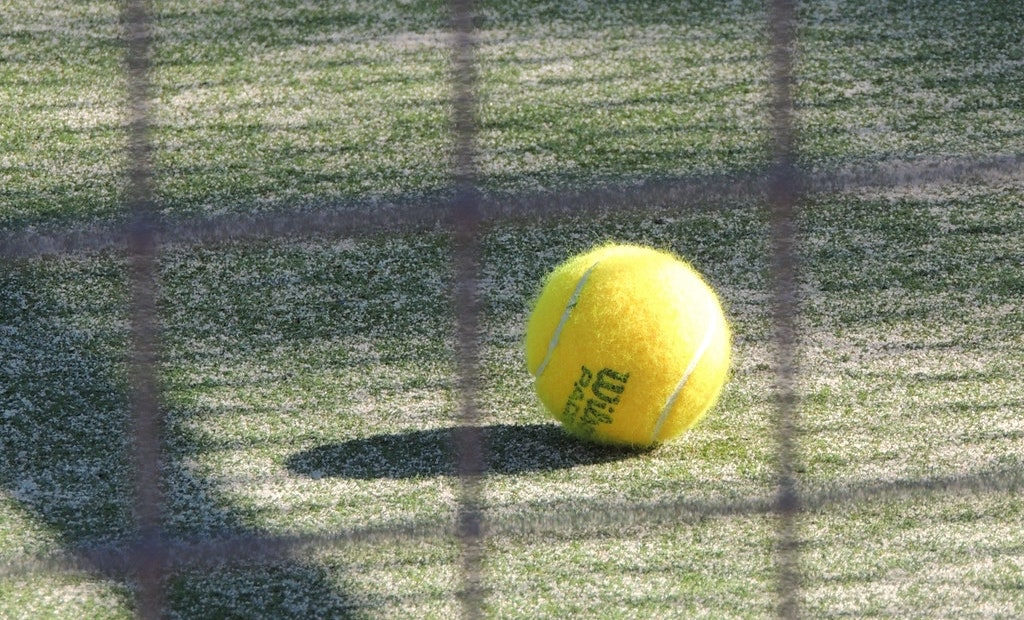
The parade of the sporting world’s brightest and most beautiful on the red carpet, ready to celebrate the previous year’s highest achievers with sport’s equivalent of The Oscars, The Laureus Awards, is a reminder that in modern sport the rewards for excellence are great.
Few could begrudge the stars their night in the spotlight; after all many will have spent years, possibly decades, pushing their bodies to the limit as they strive for the success which the Laureus Awards recognise.
Yet there is more to the awards than a chance for sporting greats to forget blood, sweat and tears for an evening and indulging in some hard-earned champagne and glamour. All the great names were also there to promote the idea that sport can change the lives of the unfortunate, particularly through the work of charities affiliated with The Laureus Foundation.
Those regarded amongst the greatest living sportsmen and women are Academy members, and before they found out who they had declared Award winners, they had earlier in the day been celebrating some altogether less heralded sportsmen and women in an event at Millwall FC. These were young people participating in programs such as Urban Starz or Fight 4 Change, charities which attempt to give young adults from deprived backgrounds the chance to get involved in sport, aiming to build up confidence and draw them away from less reputable activities.
Former boxing world champion Richie Woodhall, attending with his charity Fight 4 Change said: “It’s fantastic to be here, to see celebrities like Daley Thompson and Nadia Comaneci coming here. The kids look at them knowing what they’ve achieved, and hear they’re from normal background and yet have achieved so much.”
Another example was the work that rugby players have done around the world, including projects in Honk Kong, Soweto and Cameroon. South African legend Morne Du Plessis spoke about sport’s propensity to unite people: “You can have a different religion, classes, culture, politics. It’s amazing how quickly a sport can cut through that. Apart from art and music perhaps, it is the biggest binding activity in the world. In sport you forget the differences.”
These were just a few examples of the work that the Sport For Good Foundation does all around the globe. Seeing some of sport’s greatest names congregate together to promote these charities is an incredible sight; it’s unlikely that many of the children involved will have dreamed of chatting with Boris Becker and Daley Thompson whilst Gary Player strolls past to be photographed with their friends.
In an Olympic year the contrast is especially poignant; for the two weeks of the games no doubt the talk will be about the winners and losers, triumph and its golden reward. However for many, whether the games are a success or not will depend on the spectacular show translating into a lasting legacy of more young people involved in sport.
As one of those involved in bringing both the Olympics and Paralympics to London, Tanni Grey-Thompson was particularly keen to emphasise the importance of the Laureus Foundation and the games for disabled people: ‘The Awards are about recognising the best but also raise money for the foundation. Through them I was able to visit an orphanage in Rajasthan. There were a huge number of disabled girls there – because their parents deem them not to have anything to offer. The orphanage educates them and helps them break down barriers.‘ And she said of the games: ‘If we can change people’s wider attitudes to disability through the games, because life’s pretty tough if you’re disabled wherever you live in the world, and sport helps change that.’
On the night of the awards itself, many varied sporting stories were celebrated: from Darren Clarke’s incredible open victory to Oscar Pistorius’ journey from disability to sporting hero. Clarke had recovered from the personal tragedy of the loss of his wife to win the Open Championship.
He perhaps summed up the spirit of the awards when discussing his own achievement: “I’ve been through the mill in my personal life and the game has given an awful lot back again, and for that I’m very thankful.”
With its mix of glamour, achievement and focus on sport’s transformative power, the Laureus Awards in many ways represented the goals that the Olympic Committee would like the games themselves to achieve.
What is certain is that with so many stars returning in the summer, the games will not lack any star power, though those involved will have to continue working hard and mirror the passion of the sportsmen, sportswomen and charities involved with Laureus to ensure that sport does make the difference to those who need it most in 2012.
Mark Worgan


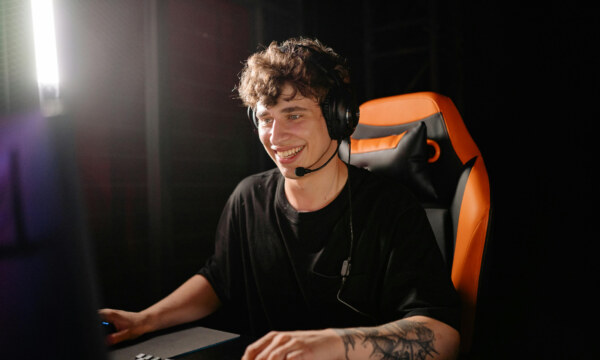
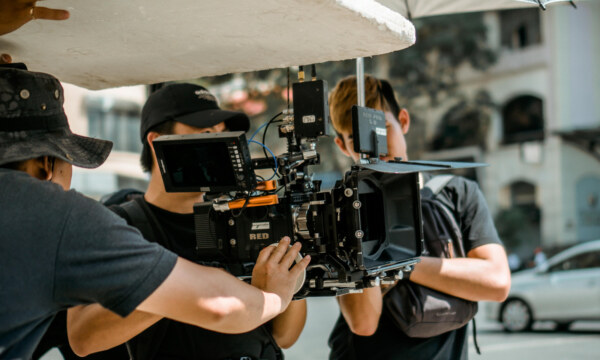
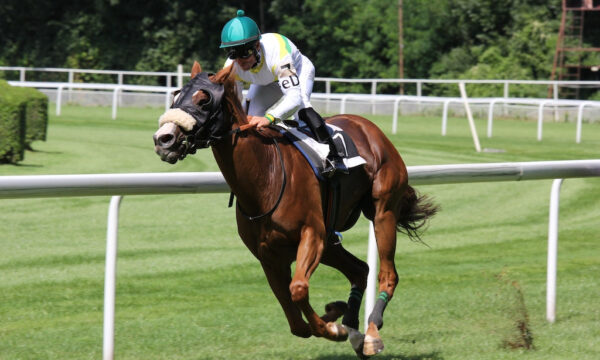
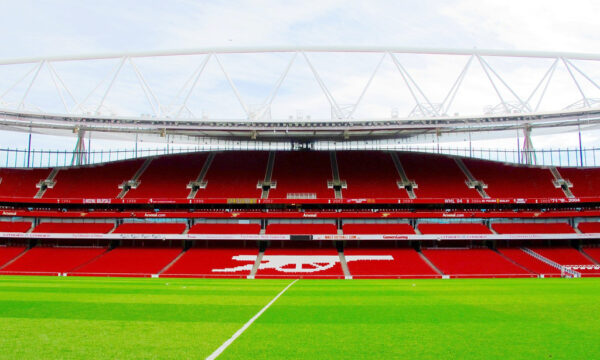
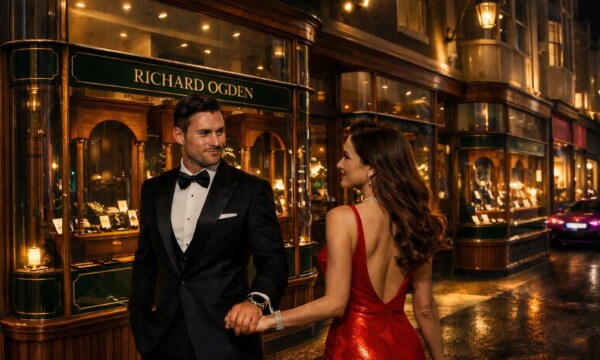





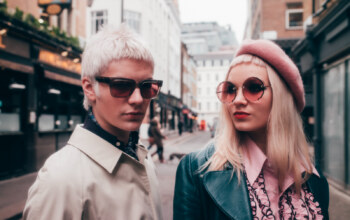
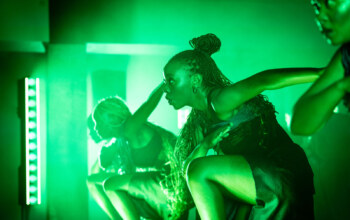
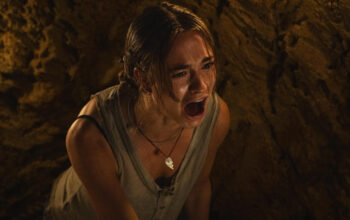


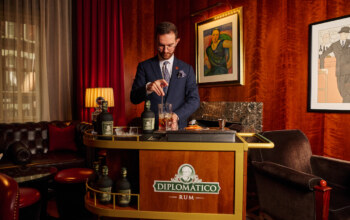

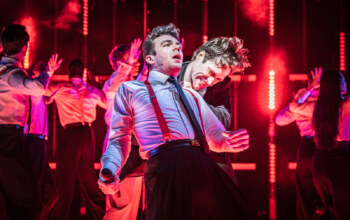
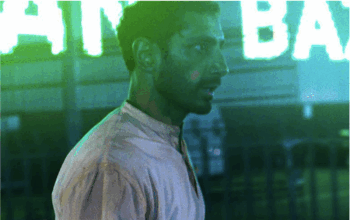

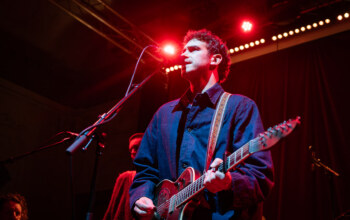

Facebook
Twitter
Instagram
YouTube
RSS